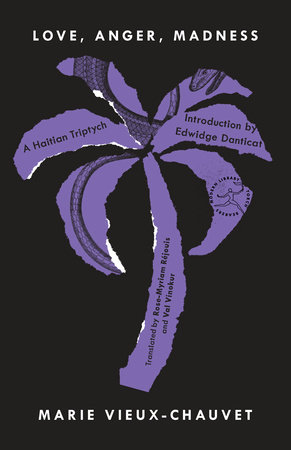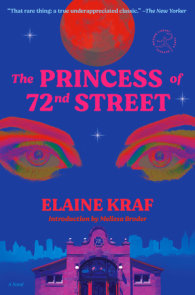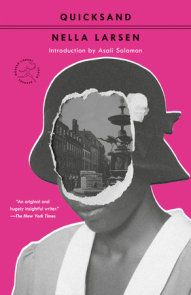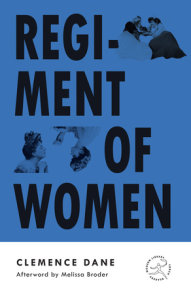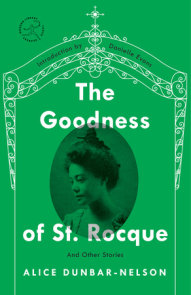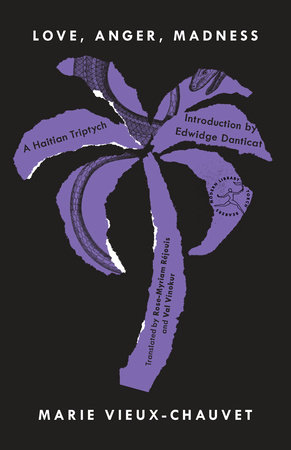

Add to Bookshelf
Love, Anger, Madness
By Marie Vieux-Chauvet
Introduction by Edwidge Danticat
Translated by Rose-Myriam Rejouis and Val Vinokur
By Marie Vieux-Chauvet
Introduction by Edwidge Danticat
Translated by Rose-Myriam Rejouis and Val Vinokur
By Marie Vieux-Chauvet
Introduction by Edwidge Danticat
Translated by Rose-Myriam Rejouis and Val Vinokur
By Marie Vieux-Chauvet
Introduction by Edwidge Danticat
Translated by Rose-Myriam Rejouis and Val Vinokur
Best Seller
Part of Modern Library Torchbearers
Part of Modern Library Torchbearers
Category: Literary Fiction | Classic Fiction | Short Stories
Category: Literary Fiction | Classic Fiction | Short Stories

Paperback
$18.00
Mar 30, 2010 | ISBN 9780812976922
-
$18.00
Mar 30, 2010 | ISBN 9780812976922
-
Aug 04, 2009 | ISBN 9781588368706
YOU MAY ALSO LIKE
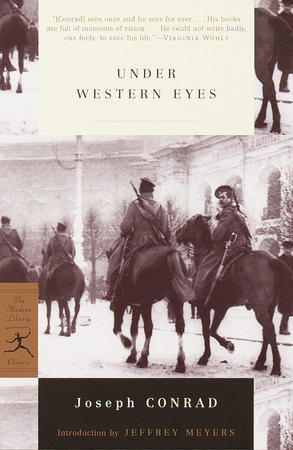
Under Western Eyes
Ebook
$3.99
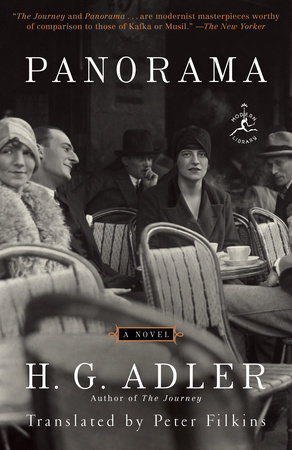
Panorama
Paperback
$25.00
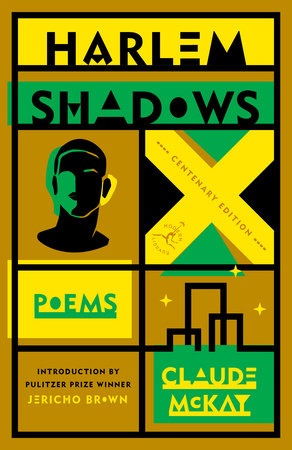
Harlem Shadows
Paperback
$15.00
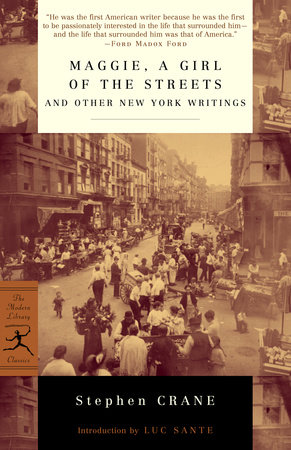
Maggie, a Girl of the Streets and Other New York Writings
Paperback
$12.00

F
Paperback
$23.00
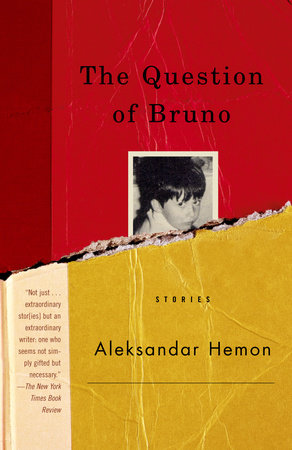
The Question of Bruno
Paperback
$15.95

The House Behind the Cedars
Paperback
$14.00
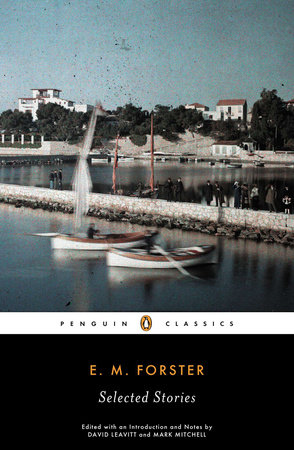
Selected Stories
Paperback
$14.00
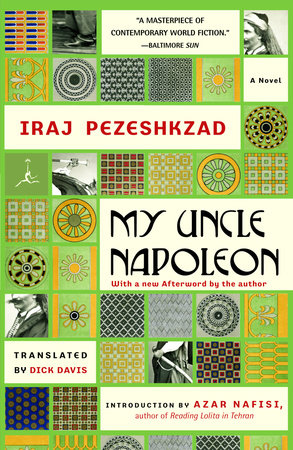
My Uncle Napoleon
Paperback
$19.00
×
Become a Member
Just for joining you’ll get personalized recommendations on your dashboard daily and features only for members.
Find Out More Join Now Sign In








